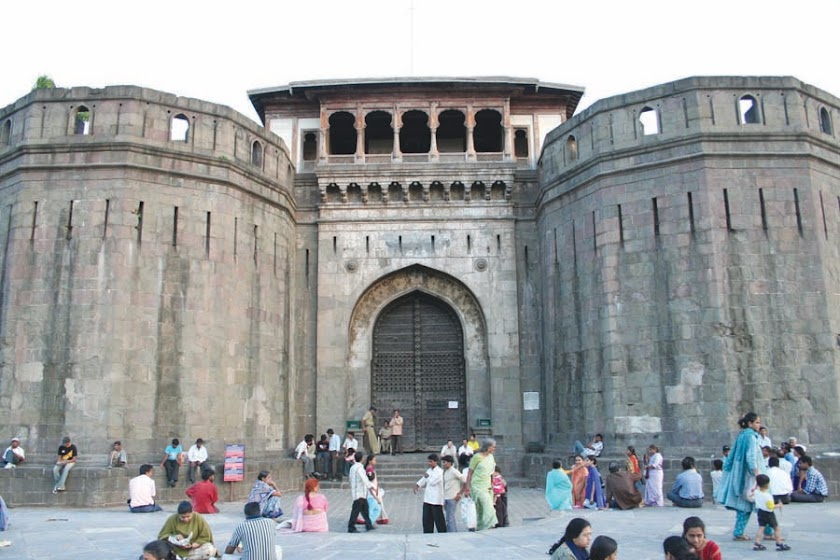Where’s the guarantee that Mumbai will not suffer another terror attack, while the government sleeps?
July 20, 2011 12:21 PM
Vinita Deshmukh (this article appeared in MoneyLife digital)
Share this article:
 Submit your comments
Submit your comments5 Comments
| RNandakumar 6 days ago | |||||
| Thank God there is supreme court but for whom even the 2G Scam would have disappeared without a trace. All Mumbaikars should start demanding action. If by that action evidence is found of the involvement of elements of POK then India should act militarily to cleanse the area of the pests. Pak and China might protest. We should care two hoots for such a protest. I am sure UK, USA, Japan and Europe would support us in view of their recent experience of Binladen by USaction. Israel should be our partner in action. Maharashtra should compul MMS that India has guts. | |||||
| » Reply » Link » Report abuse | |||||
| Narendra Doshi 6 days ago | |||||
| Inspiring efforts by an NRI for we Indians brought in focus by none other than tireless Vinita Madam. | |||||
| » Reply » Link » Report abuse | |||||
| captainjohann 6 days ago | |||||
| There will be attacks in future also as long as the Media is obsessed with irrelevant things like Murdocch. There was one Jawan who was killed in J&K the day Murdoch was being grilled, nobody bothered about him, his family or even his Name. But this Rebecca brooks is in my memory and i condemn the Indian visual and print media for this blasphemy.Police reforms is not the solution which will rreplace politicians with ips officers.What we need strengthening the Beat constable and also SHOs. | |||||
| » Reply » Link » Report abuse | |||||
| Nitin Kirtane 6 days ago | |||||
| After 26/11, now 13/7 , and a new attack on Mumbai still no answers from our leaders , same old excuses , when will they wake up , take away their security and then they will understand , if there are no proper implementations we will have another attack, why no implementations of the Pradhan committee , or atleast give police a free hand to buy latest equipments , an excellent article by Mrs Deshmukh and at this crucial time to take up this issue , keep up the good work , | |||||
| » Reply » Link » Report abuse | |||||
| vishwas 6 days ago | |||||
| another incisive article by Vinita.Let us hope someone in Govt is listening.we desperately need some Governance we cannot go on drifting aimlessly too long. | |||||
| » R |

